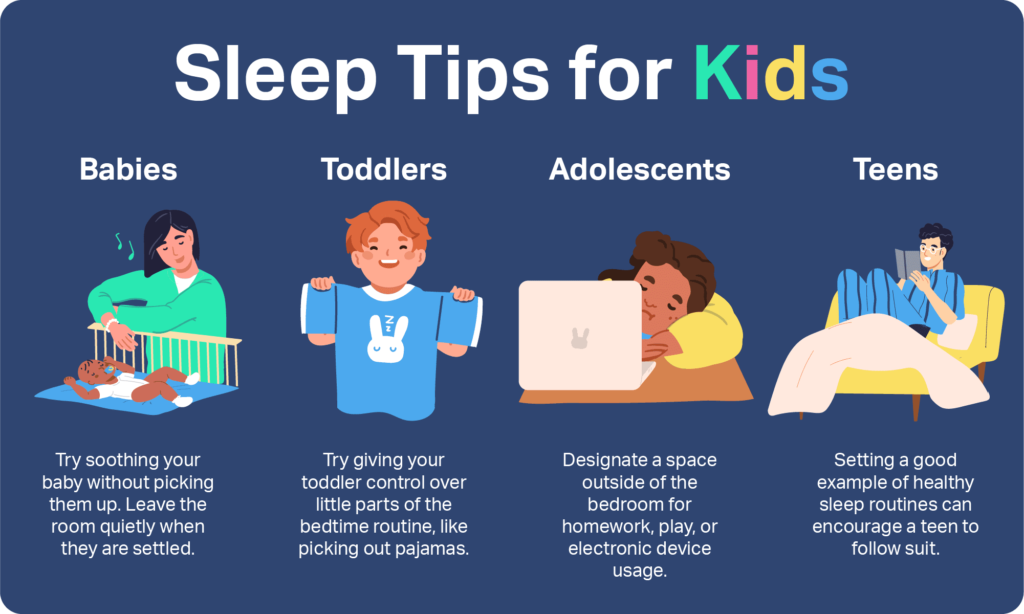Getting a good night’s sleep is essential for overall health and well-being. However, with the fast-paced nature of modern life and constant exposure to technology, many people struggle to unwind and get the rest they need. If you find yourself tossing and turning at night or feeling constantly stressed and fatigued, here are seven tips to help you improve your sleep and relaxation:
1. Create a Relaxing Bedtime Routine
Establishing a soothing bedtime routine can signal to your body that it’s time to wind down and prepare for sleep. Consider activities like reading a book, taking a warm bath, or practicing gentle stretching exercises to help you relax before bed.
2. Limit Screen Time Before Bed
The blue light emitted by screens can disrupt your body’s natural sleep-wake cycle, making it harder to fall asleep. Try to avoid using electronic devices like smartphones, tablets, and computers at least an hour before bedtime to promote better sleep.
3. Create a Comfortable Sleep Environment
Your bedroom should be a peaceful and cozy sanctuary that promotes restful sleep. Keep your room cool, dark, and quiet, and invest in a comfortable mattress and bedding to ensure a good night’s sleep.
4. Practice Relaxation Techniques
Relaxation techniques such as deep breathing, meditation, or progressive muscle relaxation can help calm your mind and body before bedtime. Incorporating these practices into your nightly routine can improve sleep quality and reduce stress levels.
5. Maintain a Consistent Sleep Schedule
Try to go to bed and wake up at the same time every day, even on weekends. Consistency is key to regulating your body’s internal clock and establishing healthy sleep patterns.
6. Limit Caffeine and Alcohol Consumption
Caffeine and alcohol can disrupt your sleep by interfering with your body’s natural sleep cycles. Try to avoid consuming these substances close to bedtime and opt for non-caffeinated beverages like herbal tea instead.
7. Stay Active During the Day
Regular physical activity can improve sleep quality and help you relax. Incorporate exercise into your daily routine, but avoid vigorous workouts close to bedtime as they can have a stimulating effect on your body.
By incorporating these tips into your daily routine, you can improve your sleep quality and promote relaxation for better overall health and well-being. Remember that everyone’s sleep needs are different, so it may take some trial and error to find the strategies that work best for you. Prioritize self-care and make sleep a priority to reap the benefits of a well-rested mind and body.

